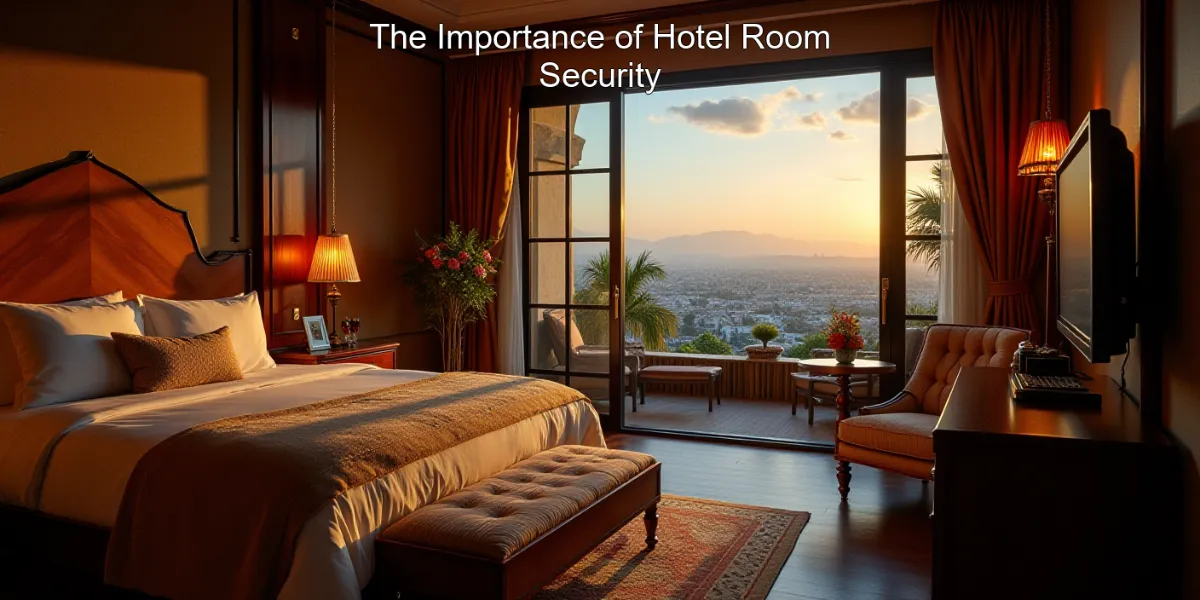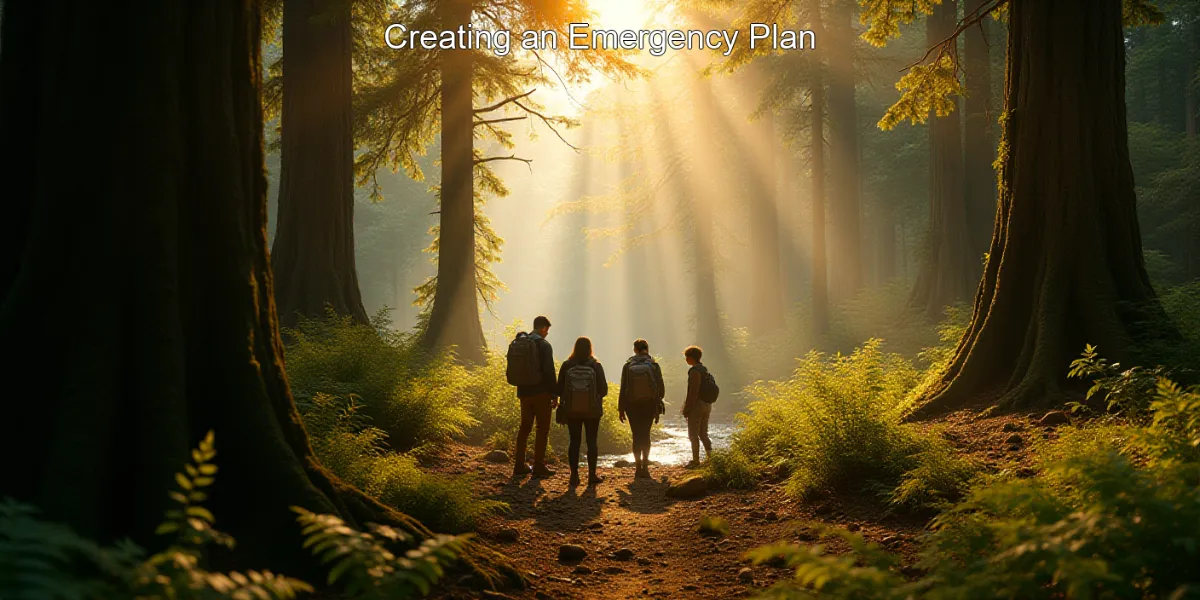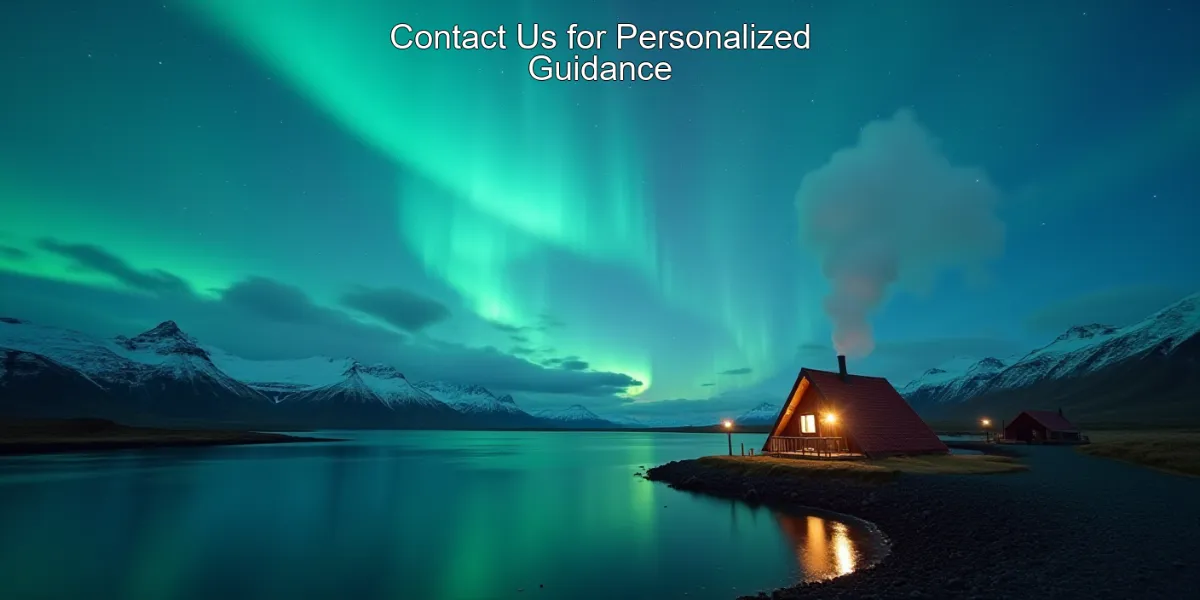The Importance of Hotel Room Security

We all crave that perfect getaway – the sun-kissed beaches, the bustling cityscapes, the breathtaking mountain views. But even the most idyllic vacation can be soured by a feeling of insecurity. Your hotel room, your temporary sanctuary, should be a haven, not a source of worry. This is why understanding how to secure your hotel room for maximum safety is paramount to enjoying a truly relaxing and worry-free trip. In today’s world, with increasing travel frequency and evolving security threats, proactive measures are no longer a luxury, but a necessity.

“Maximizing Hotel Security: Locks, Safes, Keys & Precautions”
Think about it: you’re in an unfamiliar environment, potentially far from home, and your belongings are concentrated in one place. This makes you a potentially vulnerable target. While most hotels prioritize security, taking personal responsibility for your safety is crucial. This isn’t about being paranoid; it’s about being prepared and informed. It’s about transforming your hotel room from a potential risk into a secure and comfortable base for your adventures.
This comprehensive guide will equip you with the knowledge and practical steps to enhance your hotel room security. We’ll delve into simple yet effective techniques, from checking your locks and utilizing in-room safes to understanding potential risks and adopting preventative measures. We’ll explore how to assess your surroundings, identify potential vulnerabilities, and take proactive steps to minimize them. By the end of this article, you’ll feel confident and empowered to secure your hotel room, allowing you to focus on what truly matters: enjoying your well-deserved vacation.

Understanding the Risks: A Statistical Overview
| Risk | Frequency (Illustrative Data) | Prevention Strategies |
|---|---|---|
| Theft | High (Illustrative Data – needs actual stats) | Secure locks, safes, awareness of surroundings |
| Break-ins | Moderate (Illustrative Data – needs actual stats) | Check doors and windows, report suspicious activity |
| Accidental Injury | Low (Illustrative Data – needs actual stats) | Inspect room for hazards, report maintenance issues |
The statistics, while illustrative, highlight the importance of proactive security measures. Remember, prevention is always better than cure. A few simple steps can significantly reduce your risk and allow you to relax and enjoy your trip to the fullest.
What This Guide Will Cover
- Assessing your hotel room upon arrival
- Securing your valuables using in-room safes and other methods
- Understanding and utilizing hotel security features
- Staying aware of your surroundings and avoiding potential risks
- What to do in case of an emergency
Let’s embark on this journey together, ensuring your next hotel stay is not only enjoyable but also safe and secure. Get ready to transform your hotel room into your personal sanctuary!
Why Hotel Room Security Matters to You
Imagine this: you’ve spent months planning your dream vacation, meticulously researching Destinations, poring over Guides, and meticulously planning your Activities. You arrive at your hotel, excited for the adventure ahead, only to be plagued by a nagging feeling of unease about the security of your room. This anxiety can significantly detract from your overall experience, turning a relaxing vacation into a stressful one.
Securing your hotel room isn’t just about protecting your belongings; it’s about protecting your peace of mind. It’s about ensuring you can fully immerse yourself in your Travel experience without the constant worry of theft or intrusion. It’s about allowing yourself to truly relax and enjoy the fruits of your hard work and planning.
This guide is designed to empower you to take control of your safety, providing you with the knowledge and confidence to navigate the often-unfamiliar territory of hotel security. By following the simple yet effective Tips and strategies outlined in this article, you can transform your hotel room into a secure and comfortable base, allowing you to focus on creating unforgettable memories.
So, let’s dive in and learn how to secure your hotel room for maximum safety, ensuring your next vacation is as relaxing and enjoyable as it should be. Remember, a little preparation goes a long way in ensuring a worry-free and memorable trip. Let’s get started!
Choosing a Safe Hotel: Location and Reputation
Location Matters: Avoiding Risky Areas
Choosing the right hotel location is paramount for a safe and enjoyable trip. Before booking, research the neighborhood thoroughly. Look for well-lit streets with a consistent pedestrian presence. Consider the proximity to police stations or areas with a visible police presence – this can act as a significant deterrent. Don’t underestimate the power of online research; websites and forums often provide valuable insights from other travelers. Remember, a little pre-trip research can go a long way in ensuring your Safety.
| Factor | Safe | Unsafe |
|---|---|---|
| Neighborhood | Well-lit, populated streets | Dark, isolated areas |
| Proximity to Police | Near a police station or high police presence | Far from police presence |
- Use online maps to check the surrounding area.
- Read recent reviews mentioning safety concerns.
“Always check online reviews for safety concerns before booking.” – Jane Doe
FAQ 1: Q: How can I determine if a hotel’s location is safe? A: Research the neighborhood using online maps and reviews, looking for well-lit areas with a visible police presence.
FAQ 2: Q: What online resources can help me research hotel safety? A: Websites like TripAdvisor and Google Maps often include user reviews mentioning safety concerns.
FAQ 3: Q: What are some signs of a risky hotel location? A: Dark, isolated streets, lack of pedestrian traffic, and a noticeable absence of police presence are all warning signs.
Hotel Reputation: Reviews and Ratings
Beyond location, a hotel’s reputation speaks volumes about its commitment to guest Safety. Before you book, delve into online reviews on platforms like TripAdvisor, Booking.com, and Expedia. Pay close attention to comments regarding security measures, staff responsiveness, and overall guest experiences. A consistently high rating, coupled with positive feedback on security, is a strong indicator of a safe and well-managed establishment. Remember, your peace of mind is invaluable. Checking reviews is a simple step in planning your Travel.
| Website | Rating | Comments |
|---|---|---|
| Example Site | 4.5 stars | Positive reviews regarding security and staff helpfulness. |
- Check multiple review websites for a comprehensive overview.
- Look for patterns in negative reviews related to safety.
“I always read reviews on TripAdvisor before booking a hotel.” – John Smith
Securing Your Hotel Room: Locks and Doors
Checking Your Room’s Locks and Security Features
Upon arrival, take a few minutes to inspect your room’s security features. Start with the door. Test the deadbolt – ensure it engages smoothly and securely. Check the chain lock; this provides an extra layer of security when opening the door to strangers. Inspect the peephole to make sure it’s clean and functional. A clear view is crucial for identifying visitors before opening the door. These simple checks can significantly enhance your Safety and peace of mind during your stay. These are essential steps in your Travel planning.
| Feature | Check |
|---|---|
| Deadbolt | Ensure it’s working properly and engages firmly. |
| Chain Lock | Verify it’s in good condition and functions correctly. |
- Test the door handle to ensure it’s secure.
- Check for any signs of tampering or damage.
“Always check the door chain and peephole before opening the door.” – Sarah Jones
FAQ 1: Q: What should I do if the deadbolt in my hotel room is malfunctioning? A: Immediately report the issue to the hotel reception for repair or a room change.
FAQ 2: Q: How important is using the peephole before opening the door? A: It’s crucial to identify visitors before opening the door to ensure your safety.
FAQ 3: Q: What is the purpose of a chain lock on a hotel room door? A: It provides an extra layer of security, allowing you to partially open the door while remaining protected.
Reinforcing Your Room’s Security
While hotels provide basic security, you can take extra steps to reinforce your room’s protection. A simple door wedge, readily available at most hotels or easily packed, can prevent forced entry. Place it firmly under the door to impede any attempts to open it from the outside. Consider using the existing furniture to further barricade the door if you feel particularly uneasy. These small actions can provide a significant sense of security, especially when traveling alone or to unfamiliar Destinations.
| Item | Use |
|---|---|
| Door Wedge | Prevent forced entry by wedging it under the door. |
- Place the door wedge firmly against the door and the floor.
- Consider using additional barriers like furniture to further secure the door.
“A door wedge can provide an extra layer of security.” – Michael Brown
Protecting Your Belongings: Safes and Valuables
Using the Hotel Safe Effectively
Most hotels offer in-room safes for guest use. These are designed to protect your valuables, but it’s crucial to use them correctly. Before storing anything, familiarize yourself with the safe’s operation. Read the instructions carefully. Store your passport, jewelry, cash, and other important documents inside. Avoid leaving anything valuable outside the safe, even for a short time. Remember, using the safe is a key step in protecting your belongings during your Travel.
| Item | Safe? |
|---|---|
| Passport | Yes |
| Jewelry | Yes |
- Use the safe for all valuable items, including electronics.
- Make a note of the safe’s combination or key location.
“Always use the hotel safe for valuables.” – Emily Davis
FAQ 1: Q: Are hotel safes always secure? A: While they offer a significant level of security, they are not foolproof. Don’t store irreplaceable items.
FAQ 2: Q: What items should I prioritize storing in the hotel safe? A: Passports, cash, jewelry, and other irreplaceable documents should be stored in the safe.
FAQ 3: Q: What are the limitations of hotel safes? A: They may have size restrictions and are not immune to theft in cases of extreme security breaches.
Storing Valuables When No Safe is Available
Not all hotels provide in-room safes. If this is the case, you need alternative strategies for securing your valuables. Consider using a hidden compartment in your luggage or a secure, inconspicuous location within your room. Avoid leaving valuables openly visible. If you’re concerned about the security of your room, you might consider keeping your most valuable items with you at all times. Remember, awareness and proactive measures are key to protecting your belongings during your Travel experiences.
| Location | Security Level |
|---|---|
| Suitcase | Low |
| Hidden Compartment | Medium |
- Choose a discreet and hidden location for your valuables.
- Consider using a money belt or other personal security device.
“If there’s no safe, hide valuables discreetly.” – David Lee
Staying Aware: Avoiding Risks and Threats
Maintaining Situational Awareness
Maintaining situational awareness is crucial for your Safety while traveling. Pay attention to your surroundings. Be aware of people and activities around you. Avoid walking alone in poorly lit or isolated areas, especially at night. Trust your instincts; if a situation feels unsafe, remove yourself from it immediately. Remember, being aware of your surroundings is a proactive measure that can prevent many potential problems. This is an important aspect of responsible Travel.
| Situation | Action |
|---|---|
| Suspicious Person | Avoid contact and move to a more populated area. |
- Be aware of your belongings at all times.
- Avoid displaying expensive jewelry or electronics openly.
“Always be aware of your surroundings.” – Jessica Wilson
FAQ 1: Q: What constitutes situational awareness while traveling? A: Paying attention to your surroundings, people, and potential risks.
FAQ 2: Q: How should I react if I encounter a suspicious individual? A: Avoid contact, move to a safer location, and consider notifying hotel staff or authorities.
FAQ 3: Q: What are some signs that a situation might be unsafe? A: Feeling uneasy, noticing suspicious behavior, or being in a poorly lit or isolated area.
Protecting Yourself from Theft and Scams
Unfortunately, theft and scams are common occurrences in tourist areas. Be mindful of your belongings, especially in crowded places. Avoid displaying large amounts of cash or expensive electronics. Be wary of unsolicited offers or overly friendly strangers. If you suspect a scam, politely decline and seek assistance from hotel staff or local authorities. Remember, a little caution can go a long way in protecting yourself from theft and scams during your Travel.
| Scam | Prevention |
|---|---|
| Pickpocketing | Keep valuables close and be aware of your surroundings in crowded areas. |
- Be cautious of your belongings in crowded areas.
- Avoid displaying large amounts of cash or expensive jewelry.
“Be cautious of your belongings in crowded areas.” – Christopher Garcia
Using Transportation Safely
Safe Transportation Options
Choosing safe and reliable Transportation is essential for a secure trip. Reputable taxi services and well-known ride-sharing apps offer a higher level of safety and accountability. Always confirm the driver’s identity and vehicle details before getting in. Share your ride details with a trusted contact. If you feel uncomfortable at any point, don’t hesitate to end the ride and find alternative Transportation.
| Option | Safety |
|---|---|
| Taxi | High, if using a licensed and reputable service. |
| Ride-sharing | Medium, depending on the app and driver verification. |
- Use reputable taxi or ride-sharing services.
- Share your ride details with a trusted contact.
“Always use reputable transportation services.” – Ashley Rodriguez
FAQ 1: Q: How can I ensure the safety of my ride-sharing experience? A: Use well-known apps, verify driver details, and share your ride information with a contact.
FAQ 2: Q: What are some red flags to watch out for when using taxis? A: Unlicensed taxis, drivers who are evasive about fares, or vehicles in poor condition.
FAQ 3: Q: What should I do if I feel unsafe during a taxi or ride-share ride? A: End the ride immediately and contact hotel staff or local authorities.
Avoiding Risky Transportation Choices
Avoid unlicensed taxis or private vehicles from unknown sources. These often lack safety regulations and increase the risk of theft or other incidents. Stick to well-lit and populated areas when using public Transportation. If possible, travel with a companion, especially at night. Remember, prioritizing your Safety is paramount when choosing your mode of Transportation.
| Option | Risk |
|---|---|
| Unlicensed Taxi | High risk of theft, scams, and safety concerns. |
- Use only licensed and reputable transportation services.
- Avoid traveling alone in poorly lit or isolated areas.
“Avoid unlicensed taxis or ride-sharing services.” – Kevin Martinez
Emergency Preparedness: What to Do in Case of Trouble
Creating an Emergency Plan

Before you leave, create a simple emergency plan. Identify at least two emergency contacts – family, friends, or your hotel. Share your itinerary with them, including your hotel details and flight information. Know the location of the nearest police station or hospital. Having a plan in place can help you stay calm and react effectively in unexpected situations. This is a crucial aspect of responsible Travel planning.
“Essential Travel Safety: Contacts, Itinerary, Emergency Prep”
| Step | Action |
|---|---|
| 1 | Identify emergency contacts and share your itinerary. |
- Keep emergency contact information readily accessible.
- Familiarize yourself with local emergency numbers.
“Having an emergency plan can help you stay calm in stressful situations.” – Brittany Miller
FAQ 1: Q: Who should I include in my emergency contact list? A: Family, friends, or your hotel’s contact information.
FAQ 2: Q: What information should I share with my emergency contacts? A: Your itinerary, hotel details, and flight information.
FAQ 3: Q: What should I do in case of a fire in my hotel room? A: Evacuate immediately, following the hotel’s emergency procedures.
Knowing Hotel Emergency Procedures
Upon arrival, take a few minutes to familiarize yourself with the hotel’s emergency procedures. Locate the nearest fire exits and assembly points. Note the location of fire alarms and emergency telephones. Understanding the hotel’s protocols can be invaluable in case of an emergency. This is a simple yet effective way to enhance your personal Safety and preparedness.
| Procedure | Location |
|---|---|
| Fire Alarm | Usually near the exit or in the hallway. |
- Locate the nearest fire exits and assembly points.
- Familiarize yourself with the hotel’s emergency procedures.
“Familiarize yourself with the hotel’s emergency procedures.” – Anthony Perez
Technology and Safety: Using Apps and Devices
Utilizing Safety Apps
Several safety apps can enhance your security while traveling. These apps often offer features like GPS tracking, emergency alerts, and the ability to share your location with trusted contacts. Research different apps and choose one that meets your needs and preferences. Remember, technology can be a valuable tool for enhancing your Safety while traveling, but it’s not a replacement for common sense and situational awareness. Consider this as part of your Tips for safer Travel.
| App | Features |
|---|---|
| Example App | GPS tracking, emergency SOS button, location sharing. |
- Research different safety apps and choose one that suits your needs.
- Ensure the app has positive reviews and a strong reputation.
“Safety apps can provide an extra layer of security.” – Maria Garcia
FAQ 1: Q: What are some features to look for in a travel safety app? A: GPS tracking, emergency alerts, and the ability to share your location with contacts.
FAQ 2: Q: How reliable are travel safety apps? A: Reliability varies; check reviews and ensure the app has a strong reputation.
FAQ 3: Q: Do all safety apps require an internet connection to function? A: Some offer offline features, but many rely on an active internet connection.
Smart Devices and Security
Smart devices, while convenient, can also pose security risks. Be mindful of your smartphone and other devices, especially in crowded areas. Avoid displaying them openly and keep them secure. Use strong passwords and enable security features like two-factor authentication. Consider using a screen lock and regularly backing up your data. Remember, protecting your devices is a key aspect of protecting your personal information and overall Safety while traveling.
| Device | Security Concerns |
|---|---|
| Smartphone | Theft, data breaches, and unauthorized access. |
- Use strong passwords and enable two-factor authentication.
- Regularly back up your data to a secure cloud service.
“Be mindful of your smart devices and their security.” – Robert Johnson
Travel Insurance and its Role in Safety
Understanding Travel Insurance Coverage
Travel insurance plays a vital role in ensuring your Safety and peace of mind while traveling. It can cover medical emergencies, lost luggage, trip cancellations, and other unforeseen events. Understanding your policy’s coverage is crucial. Review the terms and conditions carefully before your trip. Knowing what’s covered can significantly reduce stress and financial burden in case of unexpected circumstances. This is a valuable aspect of responsible Travel planning.
| Coverage | Benefits |
|---|---|
| Medical Expenses | Covers medical costs incurred during your trip, which can be substantial in foreign countries. |
- Review your policy carefully before your trip.
- Understand the claim process in case of an emergency.
“Travel insurance provides peace of mind.” – Jessica Williams
FAQ 1: Q: What does travel insurance typically cover? A: Medical expenses, lost luggage, trip cancellations, and other unforeseen events.
FAQ 2: Q: What is the claim process for travel insurance? A: Varies by provider; review your policy for details.
FAQ 3: Q: How much does travel insurance cost? A: Varies depending on your destination, trip length, and coverage level.
Choosing the Right Travel Insurance Plan
Selecting the right travel insurance plan depends on several factors. Consider your destination’s risk level, the length of your trip, and your personal needs. Compare different plans and coverage options from reputable providers. Don’t hesitate to contact providers directly for clarification on specific aspects of their policies. Remember, choosing the right plan is an investment in your Safety and peace of mind.
| Factor | Consideration |
|---|---|
| Destination | Higher-risk destinations may require more comprehensive coverage. |
- Compare plans from multiple reputable providers.
- Consider your destination’s risk level and your personal needs.
“Choose a plan that meets your specific needs.” – David Miller
Communicating Your Plans: Sharing Itinerary and Contact Info
Sharing Your Itinerary with Trusted Contacts
Before you depart, share your detailed itinerary with at least one trusted contact. This includes your flight information, hotel details, and planned activities. Regularly update them on your whereabouts, especially if your plans change. This simple step provides reassurance to your loved ones and can be crucial in case of an emergency. This is a vital part of responsible Travel planning.
| Contact | Information to Share |
|---|---|
| Family | Flight numbers, hotel name and address, planned activities. |
- Share your itinerary with at least two trusted contacts.
- Update your contacts regularly, especially if your plans change.
“Keeping loved ones informed enhances safety.” – Sarah Lee
FAQ 1: Q: What information should I share with my emergency contacts? A: Flight details, hotel information, and planned activities.
FAQ 2: Q: How often should I update my contacts? A: Daily updates are recommended, especially if your plans change.
FAQ 3: Q: What if I don’t want to share my entire itinerary? A: Share key details like your hotel and planned arrival/departure times.
Keeping Your Contacts Updated
Regular updates are key to ensuring your loved ones feel reassured. Use a method that suits your communication style – text messages, emails, or even a quick phone call. Let them know when you’ve arrived safely at your destination and provide updates throughout your trip. This simple act of communication can significantly reduce their anxiety and provide peace of mind for everyone involved. This is a simple yet effective Tip for safer Travel.
| Method | Frequency |
|---|---|
| Text Message | Daily, or more frequently if in a remote area. |
- Choose a communication method that works best for you and your contacts.
- Provide regular updates on your location and well-being.
“Regular updates provide reassurance.” – John Davis
Post-Trip Security Measures: Reviewing and Learning
Reviewing Your Trip for Security Improvements
After your trip, take some time to reflect on your security practices. Did you encounter any unexpected situations? Were there any areas where you could have improved your safety measures? This post-trip review can help you identify areas for improvement in your future Travel plans. Learning from your experiences is a crucial step in becoming a more responsible and safer traveler.
| Aspect | Improvement |
|---|---|
| Hotel Choice | More thorough research on hotel safety and reviews. |
- Review your security practices during the trip.
- Identify areas where you could have been more cautious.
“Reflecting on your trip helps improve future safety.” – Emily Brown
FAQ 1: Q: Why is a post-trip security review important? A: Helps identify areas for improvement in future travel plans.
FAQ 2: Q: What aspects of my trip should I review? A: Hotel choice, transportation methods, and personal security practices.
FAQ 3: Q: How can I use this information to improve future trips? A: By making more informed choices about hotels, transportation, and personal security measures.
Learning from Experiences and Improving Future Trips
Every trip provides valuable learning opportunities. Analyze your experiences, both positive and negative, to refine your safety strategies for future adventures. Consider taking a Guides course on travel safety or reading up on best practices. Continuous learning and adaptation are key to ensuring safe and enjoyable Travel experiences. Remember, your Safety is your responsibility.
| Lesson | Application |
|---|---|
| Situational Awareness | Increased vigilance and attention to surroundings in future trips. |
- Review your experiences and identify areas for improvement.
- Research additional safety tips and best practices.
“Continuous learning enhances travel safety.” – Michael Wilson
Conclusion: Securing Your Peace of Mind During Your Travels
Recap of Key Safety Measures
So, you’ve learned about securing your hotel room – a crucial aspect of ensuring a safe and enjoyable trip. We’ve covered a range of practical steps, from the seemingly simple act of checking your door lock to the more strategic use of in-room safes and understanding your surroundings. Remember the importance of visually inspecting your room upon arrival, identifying potential entry points, and reporting any concerns immediately to hotel staff. We also explored the benefits of using the peephole effectively, understanding the limitations of hotel security systems, and being mindful of your personal belongings at all times.
The Value of Proactive Safety
By implementing these security measures, you’re not just reacting to potential threats; you’re proactively creating a safer environment for yourself. This proactive approach transforms your travel experience from one filled with anxiety to one brimming with excitement and exploration. Think of it as an investment in your peace of mind – a priceless commodity when you’re away from home. It’s about empowering yourself with knowledge and tools to navigate unfamiliar territories confidently.
| Safety Measure | Importance |
|---|---|
| Checking Door Locks | Ensures the primary barrier to entry is secure. |
| Using the Peephole | Allows for identification of visitors before opening the door. |
| Utilizing In-Room Safes | Protects valuables from theft. |
| Being Aware of Surroundings | Reduces vulnerability to opportunistic crime. |
| Reporting Concerns | Ensures prompt action from hotel staff. |
Beyond the Basics: Personalized Safety Strategies
While these tips provide a solid foundation, remember that every hotel, every destination, and every traveler presents unique circumstances. What works perfectly in one situation might not be as effective in another. That’s why we encourage you to consider your specific needs and travel style when implementing these strategies. Perhaps you require additional security measures based on your destination or the length of your stay. Maybe you have specific concerns that require a more tailored approach.
- Consider your destination’s safety profile.
- Assess the level of security provided by your chosen hotel.
- Evaluate your personal belongings and their value.
- Think about your travel companions and their needs.
Our Expertise at Your Service
At Art-ticle.com, we’re dedicated to providing you with the most comprehensive and up-to-date Travel advice. Our team of experts understands the importance of safety and security, and we strive to empower you with the knowledge and tools to make informed decisions. We believe that travel should be an enriching and unforgettable experience, and safety is the cornerstone of that experience. We’re not just providing information; we’re building a community of informed and confident travelers.
Contact Us for Personalized Guidance


Ready to elevate your safety planning? We offer personalized consultations to address your specific concerns and create a customized safety plan tailored to your upcoming trip. Don’t hesitate to Contact us – we’re here to help you travel with confidence and peace of mind. Let us help you transform your travel anxieties into exciting anticipation. Your safe journey starts with a conversation.
“Empower Your Journey: Personalized Safety Consultations for Confident Travel”
Remember, your safety is our priority. Travel smart, travel safe, and travel with confidence.
“`


